South Africa’s G20 Summit in Johannesburg, the first ever hosted in Africa, concluded with far more calm diplomacy and goodwill than expected. South Africa worked with determination, upholding its theme of “Solidarity, Equality and Sustainability” and building on the legacy of India’s and Brazil’s preceding chairmanships. Despite geopolitical tensions and the unprecedented absence of the United States, the summit avoided confrontation and moved forward with an agenda anchored in the priorities of the Global South.
India’s Prominent Role and Modi as Senior Statesman
Prime Minister Narendra Modi emerged as one of the most active leaders in Johannesburg. With Vladimir Putin and Xi Jinping absent, PM Modi was the senior-most statesman present and played the role with confidence. He held multiple bilateral meetings, including with Japan’s new Prime Minister Sanae Takaichi, Australia’s Prime Minister Anthony Albanese, Canada’s Prime Minister Mark Carney, Italy’s Giorgio Meloni and South Korea’s President Lee Jae Myung.
PM Modi also participated in two significant trilaterals. The first was a long-awaited revival of the IBSA (India–Brazil–South Africa) forum, where he, President Lula da Silva and President Cyril Ramaphosa projected a unified Global South voice inside the G20. The second was a new trilateral Technology, Innovation and AI Partnership with Canada and Australia—three democracies spanning three continents and three oceans.
In the plenary, PM Modi emphasised food security, digital public infrastructure, counter-terrorism cooperation and capacity-building for developing nations. His announcement of a skills-training initiative for one million trainers in Africa over the next decade was widely appreciated by African leaders. PM Modi also held bilateral meetings with the leaders of Sierra Leone, the chair of Ecowas, and Ethiopia, highlighting India’s growing engagement with Africa, especially as Ethiopia joined Brics.
Quick Reads
View AllThe Dramatic Absence of the United States
The most striking feature of the summit was the complete absence of the United States, which boycotted the event entirely. This was the first time in G20 history that a member skipped all proceedings, including the presidency handover. The ceremonial gavel was symbolically placed at the empty US seat, an image that will define the 2025 summit.
Washington’s withdrawal complicates the work of the G20, especially since the US assumes the next chair. Key priorities like climate action, Sustainable Development Goals (SDGs), equitable trade and solidarity with the Global South do not align with the Trump administration’s current agenda, raising questions about the continuity of the Johannesburg outcomes.
Other absences added to the unusual character of the summit. China and Russia sent high-level representatives but not their presidents. Argentina distanced itself from parts of the declaration without blocking consensus. Indonesia and Mexico were also missing at the presidential level, an unexpected choice for Indonesia given its recent leadership role among Global South chairs.
South Africa’s Diplomatic Success
Despite these challenges, South Africa delivered a substantive summit. Its chairmanship emphasised development-orientated issues: disaster resilience, climate justice, food security, renewable energy access, and reform of global governance institutions. The Johannesburg Declaration committed members to shifting from reactive crisis management to anticipatory action, endorsed new principles for investing in disaster risk reduction, and strengthened support for the UN’s “Early Warnings for All” initiative for 2027.
Energy poverty, particularly acute in Africa, took centre stage. Leaders supported tripling global renewable energy capacity and doubling energy efficiency by 2030, while calling for fair access to technology and concessional financing.
A major achievement was the adoption of a voluntary Critical Minerals Framework, aimed at ensuring transparent, diversified and equitable mineral value chains. South Africa and other African nations emphasised that beneficiation must occur locally so that African economies gain from the mineral boom instead of remaining raw suppliers.
Food security also received renewed urgency. With up to 720 million people facing hunger and 2.6 billion unable to afford healthy diets, leaders reaffirmed the right to food and condemned the use of starvation as a weapon. The declaration stressed support for smallholder farmers, women and youth through finance, capacity-building and technology access.
Geopolitics in the Background: Conflicts and Realignments
Conflict zones inevitably influenced discussions. The uncontrolled fighting in Sudan, the continuing instability in Palestine despite ceasefire efforts, and the Ukraine war all drew concern. The G20 avoided intense debate on Ukraine this year, partly because the US is handling it unilaterally through its own 28-point plan. European leaders, particularly from the UK, France and Germany, held parallel discussions on how they might be drawn into Ukraine’s EU accession and reconstruction responsibilities.
China used the US absence to present itself as a steady advocate of globalisation, highlighting its tariff-free access initiative for African exports, announced in October. Yet this also reflects intensifying competition with the US, which has recently withdrawn African Growth and Opportunity Act (Agoa) benefits from several African states even as American private capital expands into Africa to challenge Chinese influence and secure critical minerals.
G20 provides occasion for various groupings. Like IBSA, to meet. The Mikta, a cross-regional grouping of democracies that brings together Mexico, Indonesia, the Republic of Korea (RoK), Turkey and Australia, also met. They are originally the non-G7, non-Brics countries but continue despite Turkey and Indonesia now being associated with Brics.
The G20 at a Turning Point
The Johannesburg summit completed the first full cycle of G20 chairmanships among its 19 countries. The group must now decide whether it remains a policy forum or evolves toward implementation and monitoring. A permanent secretariat, similar to Apec, may eventually be needed to ensure continuity, especially when successive chairs do not align politically.
For now, implementation of G20 commitments depends on members taking the agenda forward into other platforms such as Cop30, WTO negotiations, the India-Africa Forum Summit, Asean dialogues and regional initiatives. Johannesburg’s achievements will endure only if members integrate its priorities into their national and multilateral engagements.
A Strong Summit with Uncertain Continuity
South Africa delivered a successful, development-focused G20 despite the absence of major powers. It advanced frameworks on disaster resilience, critical minerals, energy access and food security while centring African concerns. India reinforced its leadership role and projected itself as a bridge between developed and developing worlds.
Yet, questions about institutional coherence remain. Whether this stronger Global South voice continues will depend heavily on the next chair, an uncertain prospect given the United States’ current stance. The Johannesburg summit may ultimately be remembered as both a milestone for Africa and a moment of transition for the G20 itself.
(The writer is a former ambassador to Germany, Indonesia, Ethiopia, Asean, and the African Union, and the author of ‘The Mango Flavour: India & Asean After 10 Years of the AEP’. The views expressed in the above piece are personal and solely those of the author. They do not necessarily reflect the views of Firstpost.)


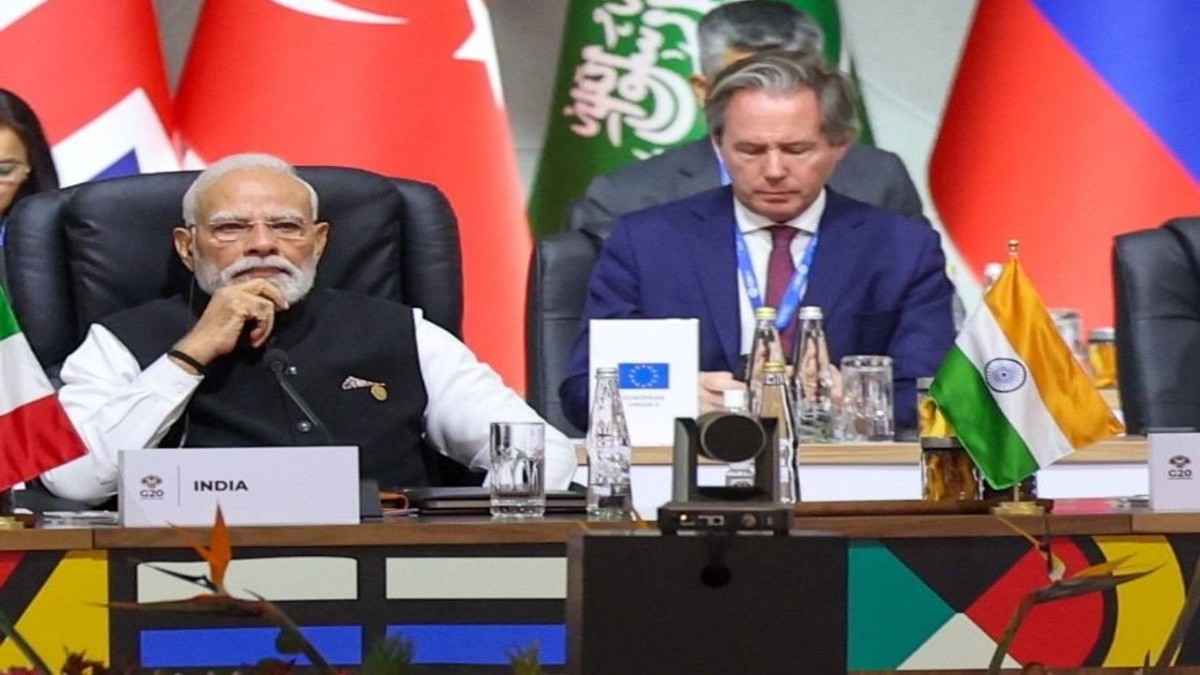)
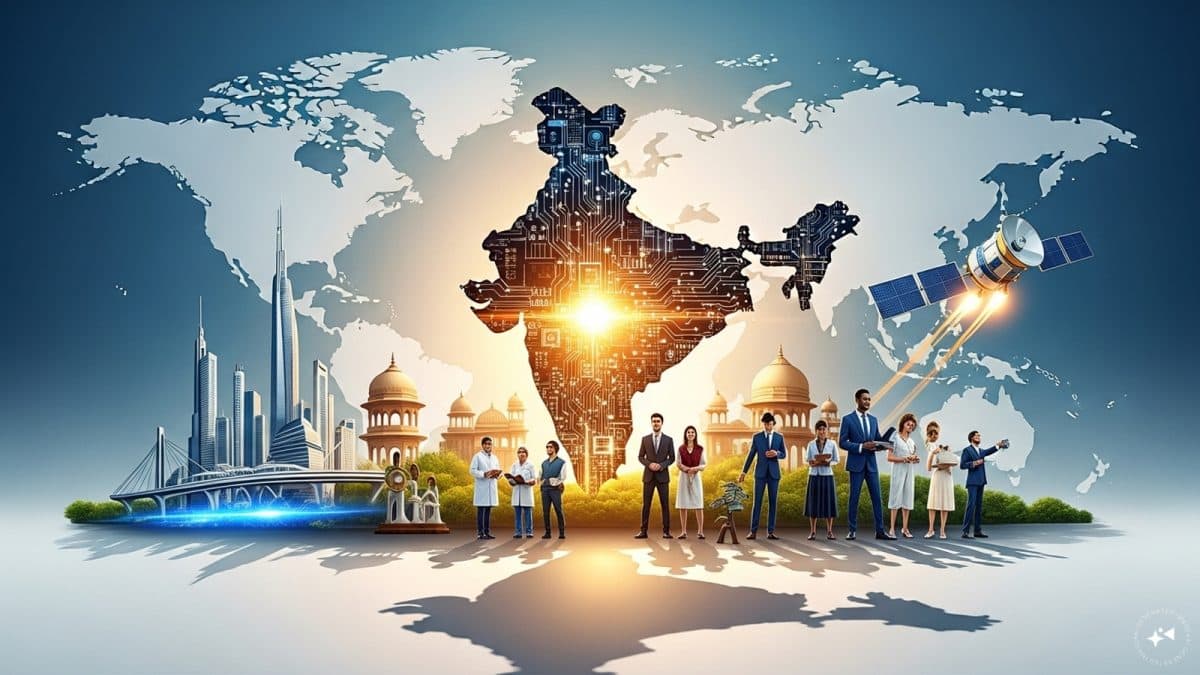
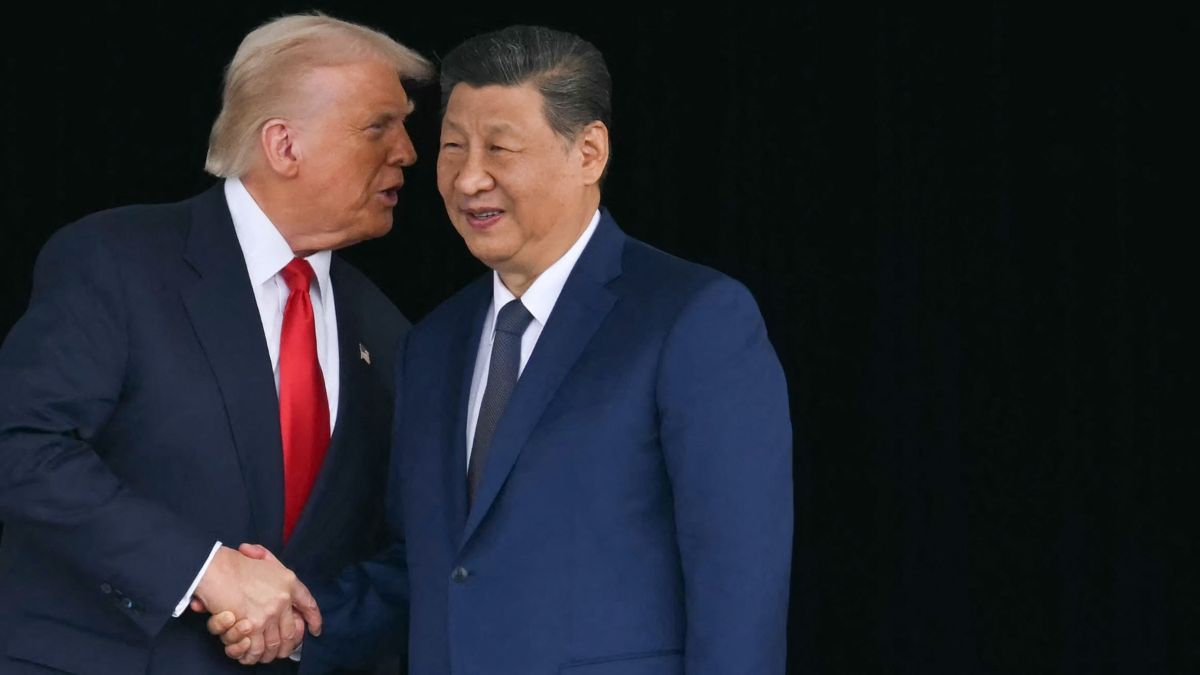)
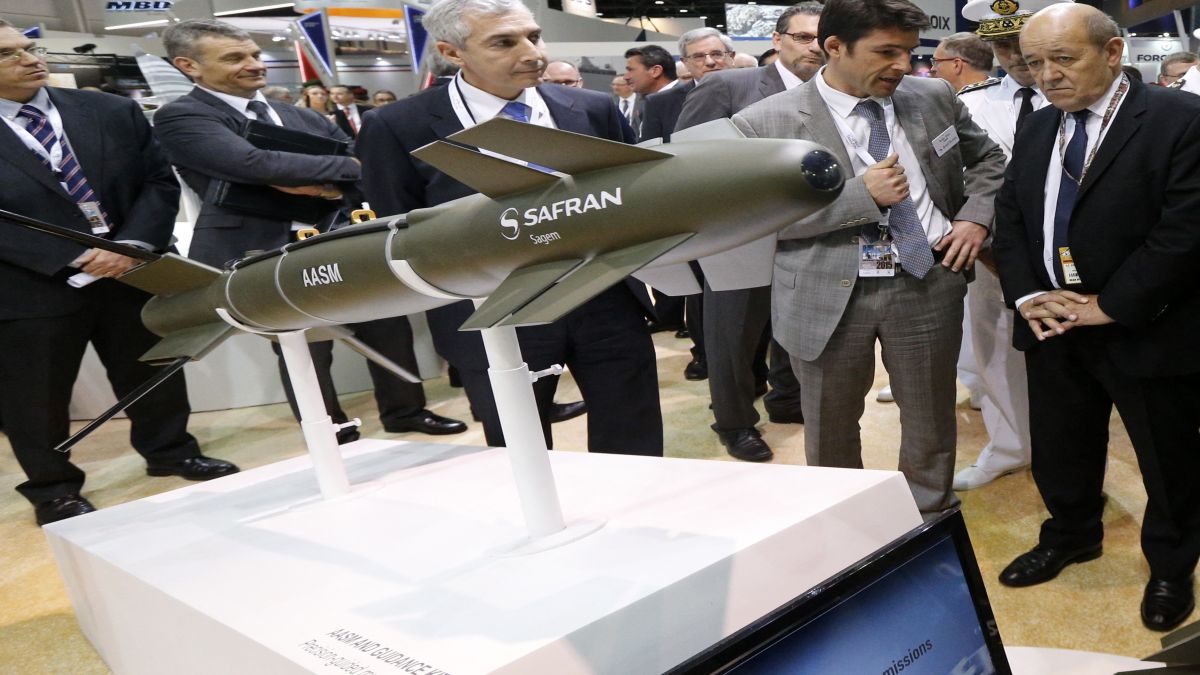)
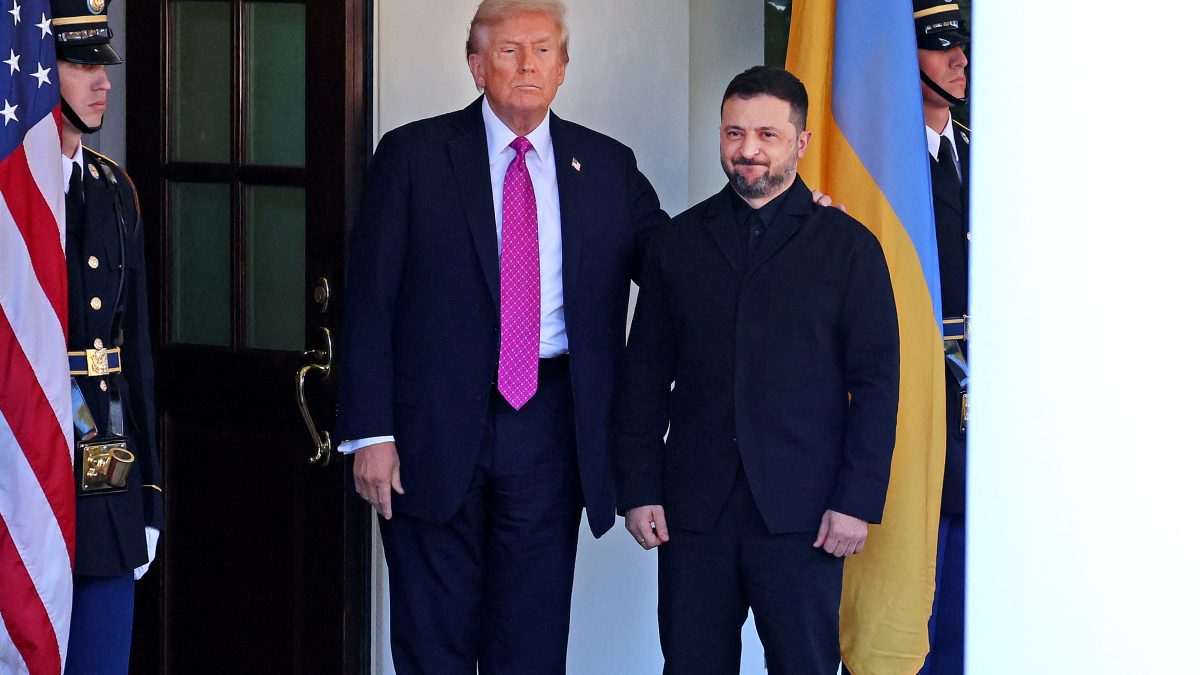)
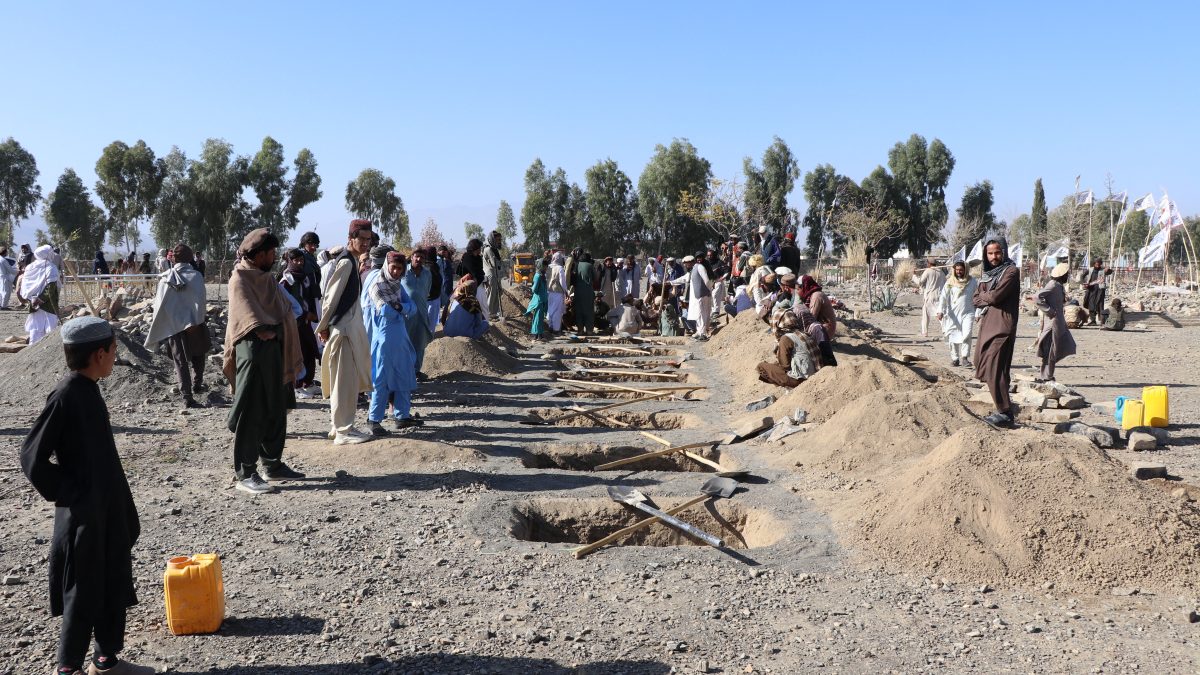)
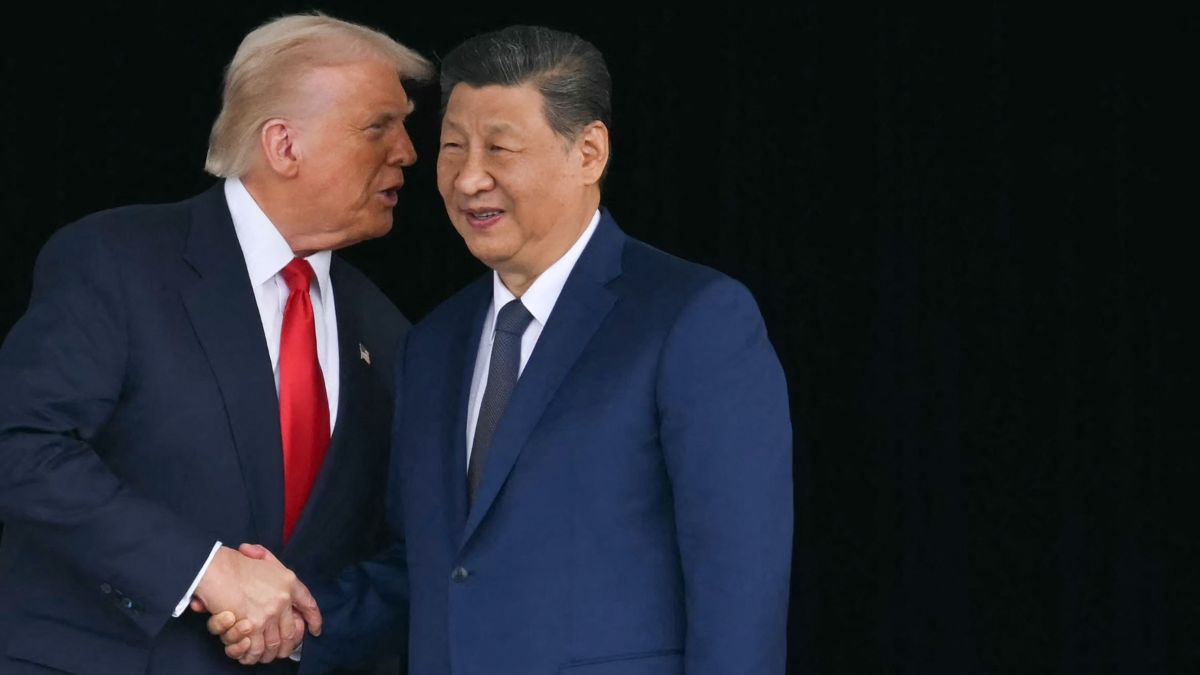)
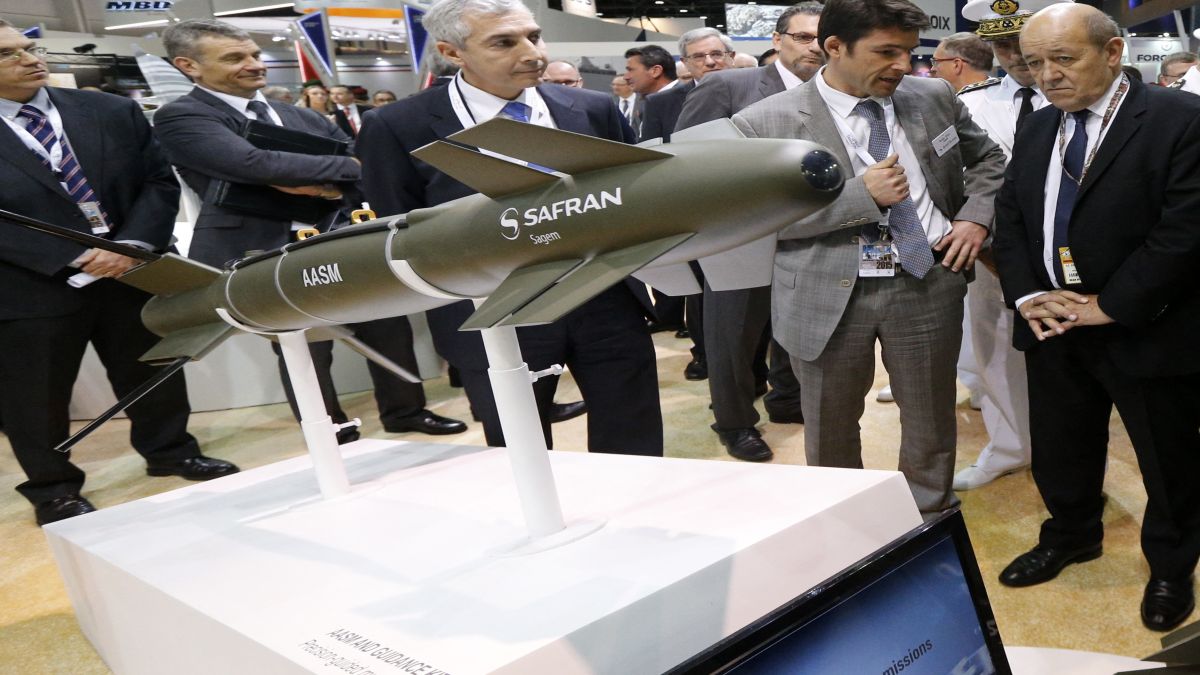)
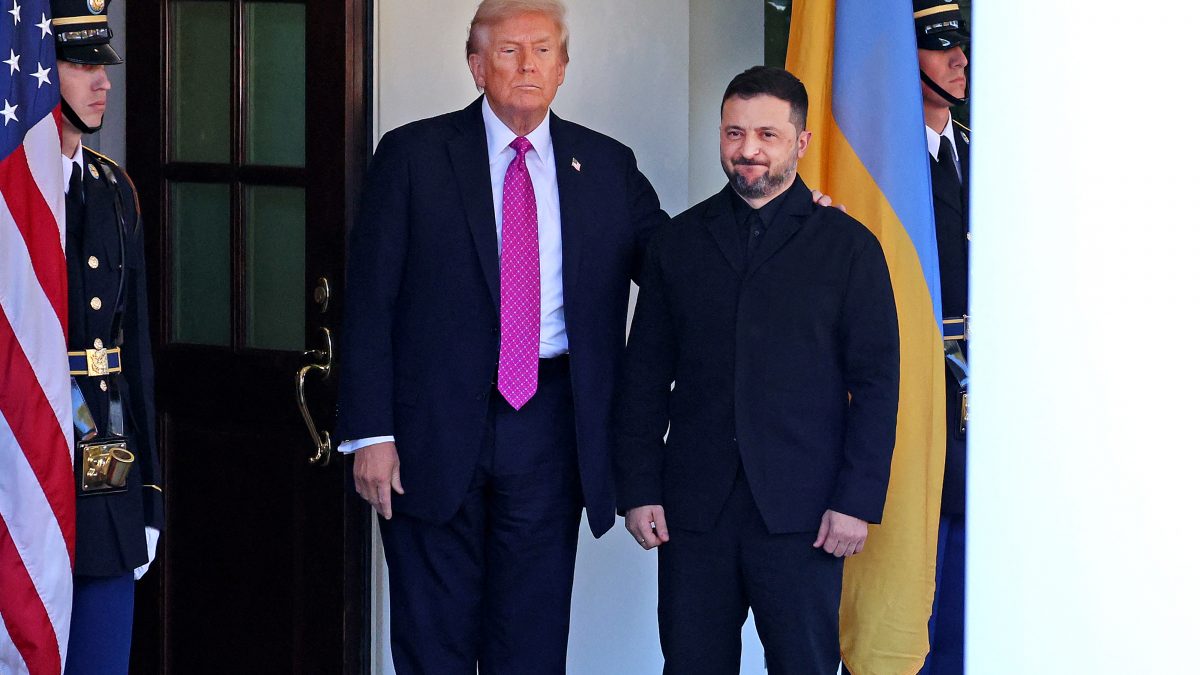)
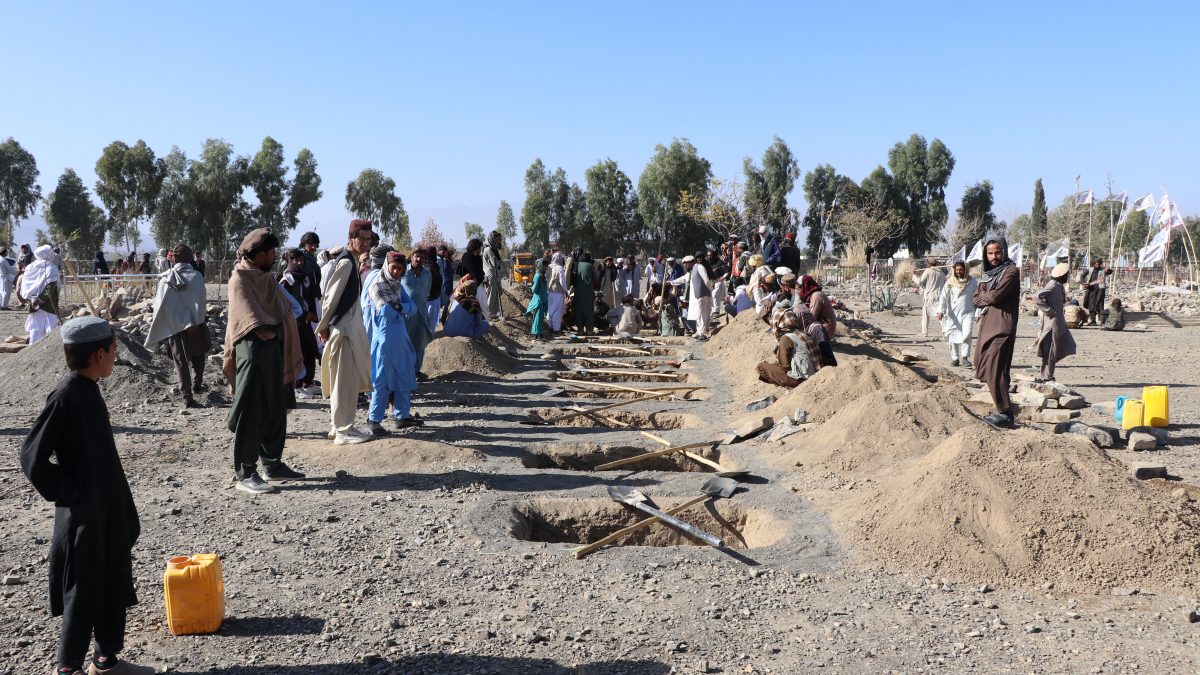)



